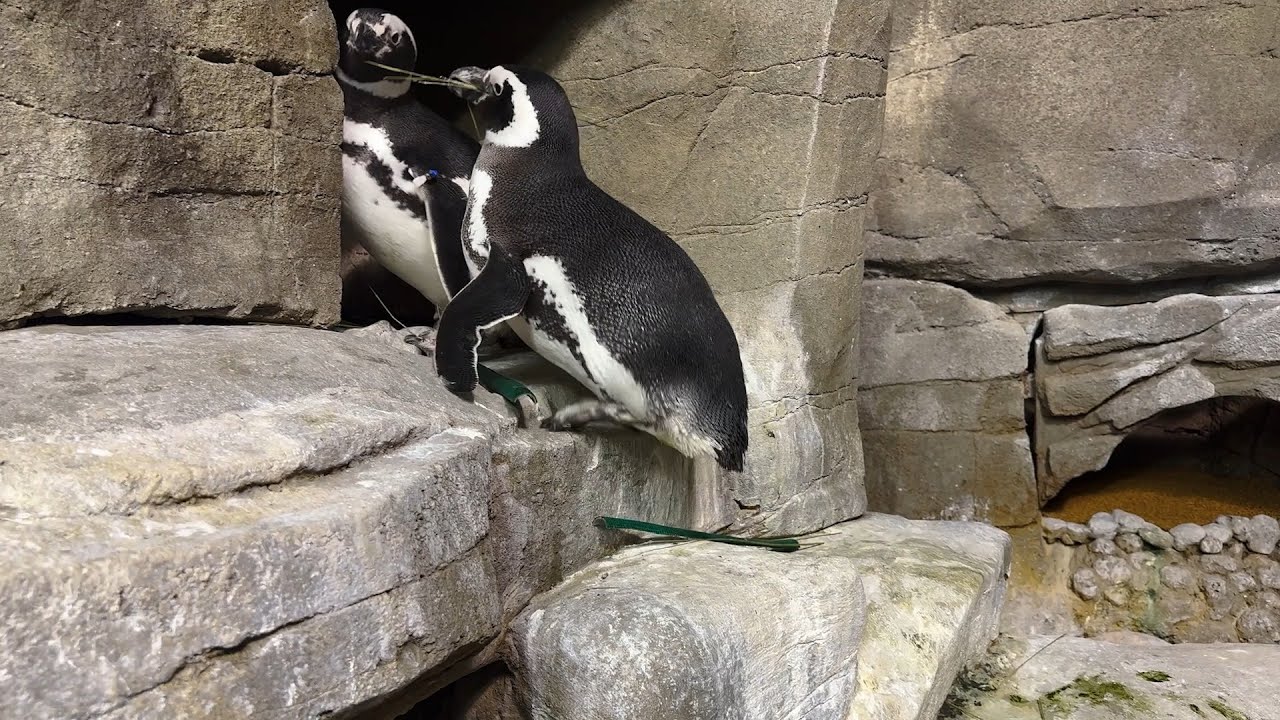– Examination of Penguin Nesting Season 2024
– Impacts of climate change on penguin nesting behavior
– Conservation strategies for protecting penguins during nesting season
– The role of zoos and aquariums in penguin conservation and education
– How public awareness and involvement can benefit penguin conservation efforts
Penguin nesting season 2024 promises to offer valuable insights into these iconic birds‘ breeding habits and ecological needs. As climate patterns shift, observing these changes becomes critical for implementing effective conservation strategies. This article explores the intricacies of penguin nesting, the effects of environmental changes, and the concerted efforts required to safeguard these species for future generations.
Penguins have adapted to a surprisingly diverse array of environments, from the icy shores of Antarctica to temperate regions near the equator. Despite their adaptability, these birds face significant threats from climate change, pollution, and overfishing, which impact their nesting and feeding habits. The 2024 season allows researchers and conservationists to closely monitor these trends, collecting data essential for developing targeted protection measures.
As global temperatures rise, the availability of suitable nesting sites and the timing of breeding seasons have been altered, posing challenges for penguin populations. For example, earlier snowmelt or shifts in prey availability can disrupt the breeding success of species like the Emperor Penguin, leading to decreased chick survival rates. During the nesting season of 2024, scientists will observe these patterns keenly, striving to understand the complex interplay between climate change and penguin breeding success.
Conservation strategies are multifaceted, encompassing habitat protection, fishery management, and pollution control, among other actions. Protecting key nesting sites from human disturbance and ensuring a sustainable food supply are critical. Furthermore, international collaboration is essential, as many penguin species migrate across national boundaries. Efforts such as establishing marine protected areas and enforcing fishing quotas will be crucial in the upcoming nesting season.
Zoos and aquariums play a pivotal role in penguin conservation and public education. By breeding species in controlled environments, they can reintroduce individuals to bolster wild populations and maintain genetic diversity. Educational programs these institutions host raise awareness about penguins’ challenges, inspiring public support for conservation initiatives. During the 2024 nesting season, these venues will serve as hubs for information, encouraging visitors to engage with penguin protection efforts.
Public awareness and involvement are indispensable to the success of penguin conservation. Citizen science projects, such as monitoring beach-nesting penguins or participating in local conservation activities, allow individuals to contribute directly to the well-being of these birds. Moreover, supporting sustainable seafood choices and reducing plastic consumption can mitigate some of the indirect threats to penguin habitats. The 2024 nesting season is an opportune moment for reinforcing the message that collective action can make a difference.
In essence, Penguin Nesting Season 2024 is not just a period for observation but a pivotal juncture for reinforcing and expanding conservation measures. The challenges penguins face from environmental changes underscore the urgency of our response. By integrating scientific research, targeted conservation strategies, and public engagement, we can work towards securing a future for these fascinating birds. Each season, we learn more about their needs and the actions required to support them, reinforcing the interconnectedness of all life on Earth.
*****
Source Description
Spring is in the air, and so is penguin nesting season!
Both species of penguins at Shedd are provided with nest-building materials like rocks, pieces of hose and lavender to mimic materials found in their native habitats for nesting season. Males will work to build nests to attract a female mate or to reinforce an existing bond.
Female rockhoppers will inspect the nests to choose their mate, so the males must carefully select the best rocks, carrying them back one-by-one in their beaks. But if a fellow male has an eye-catching rock already in his nest, the penguins may resort to stealing from others in the colony.


